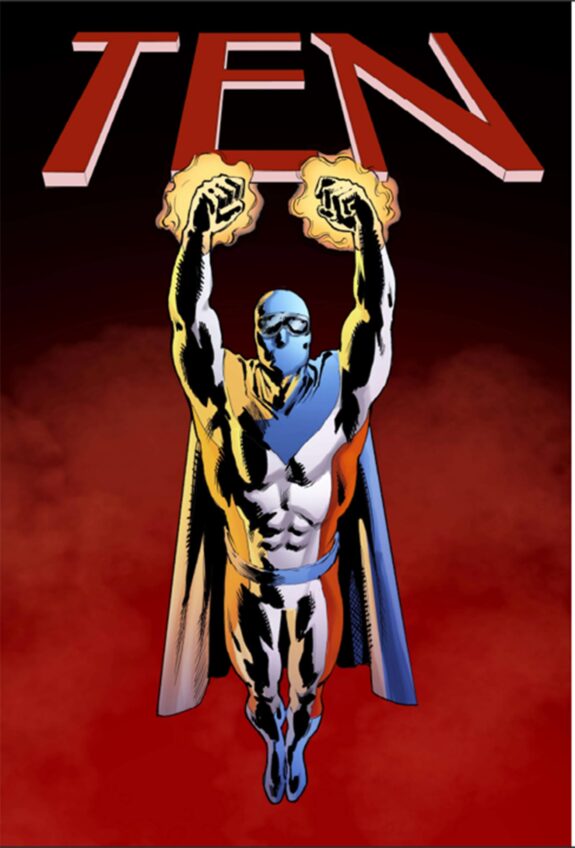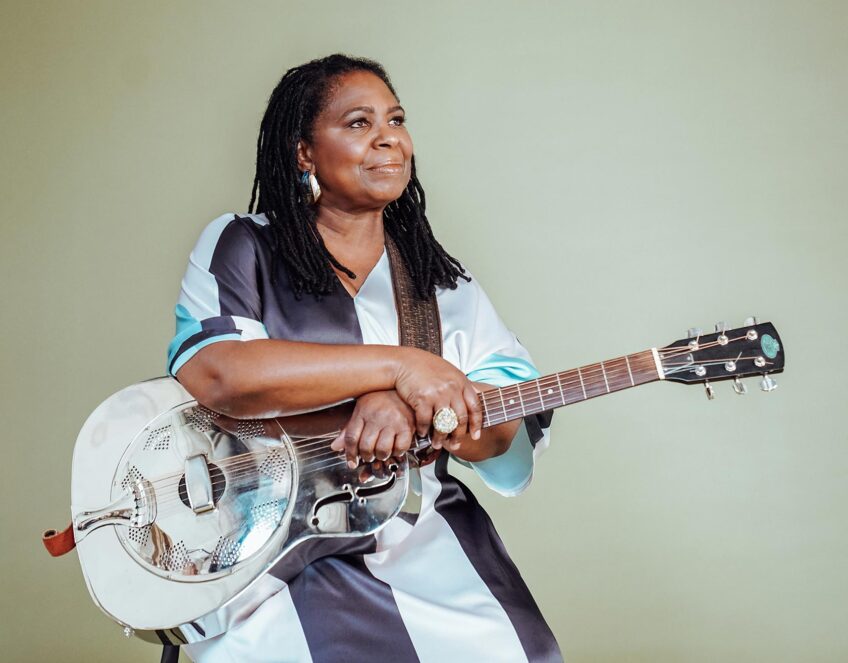Oscar-winning actress proves her versatility
Jennifer Connelly stars in ‘Shelter
Academy Award-winner Jennifer Connelly continues to prove her versatility as an actress with each new project she undertakes. She made her big screen debut in 1984 in Sergio Leone’s “Once Upon A Time in America,” although her big break arrived a couple years later when she landed the role of Sarah in “Labyrinth” opposite David Bowie.
Connelly subsequently earned an Independent Spirit Award nomination for her critically-acclaimed portrayal of a drug addict in “Requiem for a Dream” before winning an Academy Award for “A Beautiful Mind” in which she co-starred with Russell Crowe.
Here, she talks about her latest outing in “Shelter,” a picture directed by her husband, Paul Bettany. In the film, she plays a homeless heroin-addict who falls in love with an African immigrant [Anthony Mackie] also surviving by his wits on the streets of New York City.
“Shelter” touches on several very timely themes: heroin addiction, homelessness, which is exploding in New York City, and to a lesser extent, tolerance in terms of Islam as well as the notion that black lives matter. Was this a coincidence, or does Paul have his finger on the pulse?
Jennifer Connelley: This is stuff that he’s been looking at and thinking about. It’s all around us in New York City. We became aware of the record number of people sleeping in shelters every night, about 60,000. And 25,000 of them were children. He noticed that and the fact that the first apartment in Manhattan sold for $100 million, so, he just started writing about the things he was observing and reflecting upon.
Even though you’re married to the director, you didn’t have to take the role. What interested you in playing Hannah?
JC: [Chuckles] I loved the story. I thought it was a beautiful love story. And besides this moving tale about these two fascinating characters, I thought it was an interesting exploration of judgment that struck me as very important and worthwhile. Although I didn’t really understand the choices that my character, Hannah, made, I felt great compassion for her, and I was very excited about having an opportunity to play someone so complex.
How did you prepare to play a heroin addict? And how did you prepare to play a homeless person?
JC: In terms of the drug addiction, a lot of people helped by spending time with me and sharing their stories with me. I went through the entire script with a woman who had used heroin for many years, but had recovered, and is now okay talking about her experiences. We went through everything and broke down the whole script. Where is Hannah now? How many bags is she doing a day? How much money does she have to make? What is she doing for it? How long is she out on the street to make that money? What does a heroin kit look like? What’s in it? What gauge needle is she using? she did a bag an hour ago. So, what is she feeling now? She really helped me break everything down, technically. She was an enormous help. I also spent a lot of time at the Lower East Side Harm Reduction Center which has a needle exchange program. I accompanied counsellors on outreach missions in Tompkins Square Park at night. I would just observe people. I watched footage of addicts, too, and spoke to a doctor working with patients with substance abuse problems. He was very helpful in terms of physical indicators, like what Hannah’s track marks would look like. I also lost a lot of weight for the role, because I felt that’s what would happen to her, given what she went through. As far as homelessness, I worked with an extraordinary organization with some wonderful people called The Coalition for the Homeless which had already helped Paul when he was writing the script. They helped him make sure everything was real and accurate. And they helped me a lot, too. I went over the script with them and I went on food runs with them. They deliver meals every night. They helped me understand what it would be like in a shelter as well as living on the street. I’m very grateful that people were so generous with me when I was researching the role.
How was it being directed by your husband?
JC: It was terrific, especially since he we had to work so quickly. Our mutual level of trust was really an asset in this circumstances. His presence was also useful for me to feel so safe and protected, especially given the nature of some of the scenes we shot.
What message do you think people will take away from “Shelter”?
JC: I’d like to think that the movie might encourage a discussion about homelessness, about the way we dismiss and marginalize people, and about how we judge one another. Everyone has a story, and a lot of times those stories are surprising.
What is the most important Life lesson you’ve learned so far?
JC: That people are really important. And, for me, the connections we have to one another are more important than anything. And looking for and finding the joy in things is important, too.
What advice do you have for anyone who wants to follow in your footsteps?
JC: I don’t think you can really follow in someone’s footsteps. I believe everyone has something genius about them and something beautiful about them. I think it’s a matter of discovering what makes each of us unique and special and nurturing that.






